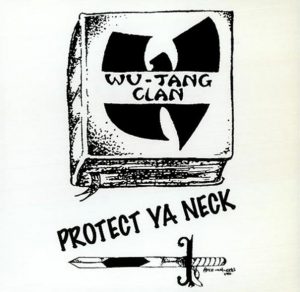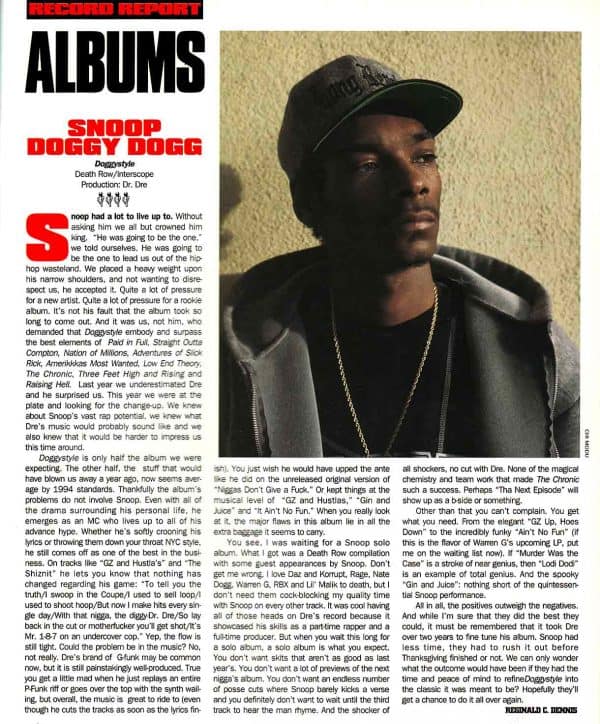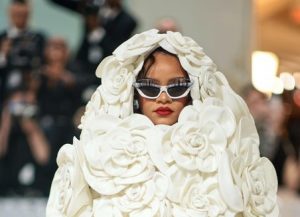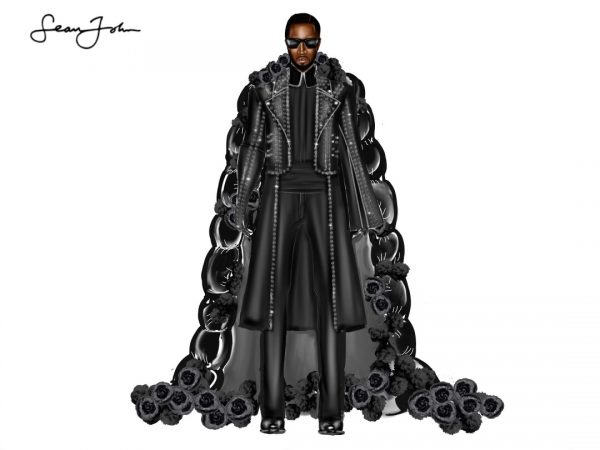
Kevin Hart surely loves Ice Cube. Pulling up on Jake Paul’s Impaulsive podcast, Kevin Hart connected with Jake on their experiences with the Hip-Hop icon before Hart dived into an outpour of compliments on the rapper.
“Cube may be one of the most genuine, kindest spirits that you can be around,” Hart said. He wants nothing but good for other people. He loves to see the people around him succeed. He’s such a creative mind.”
On that creativity, Ice Cube is producing and starring in an unscripted series about his Big 3 professional basketball league. Ice Cube’s BIG3 Basketball League is recognized as the first professional black-owned sports league. Unlike NBA games, BIG3 matches are half-court competitions in which the teams compete to reach 50 points and must win by at least two points with a 14-second shot clock.
Deadline Reports:
Ice Cube is teaming with Jesse Collins Entertainment on a sports docuseries revolving around his successful Big3 sports league. Ice Cube will star in and produce via his Cube Vision with Jesse Collins Entertainment.
The as-yet-untitled series will take an unprecedented look at the making of one of the fastest-growing new leagues in the United States, the Big3, as Ice Cube defies the NBA on its quest to become one of the biggest sports leagues in the world.
Described as Welcome to Wrexham and Cheer meets Basketball, the series will be dual-narrative following Cube and the challenges of building a new basketball league from the ground up, as well as the journey of one of the Big3 teams, as they navigate the ups and downs of a grueling season in pursuit of a national championship. Big3’s widely covered $1.2 billion lawsuit against Qatari investors will also be covered in the series.
The post Kevin Hart Praises Ice Cube: ‘He’s Such a Creative Mind’ appeared first on The Source.






 : Getty Images)
: Getty Images)  Rihanna on her way to the
Rihanna on her way to the 






 Bulls and Buffalo
Bulls and Buffalo  escaped from his Georgia estate this morning leaving his neighbors shocked
escaped from his Georgia estate this morning leaving his neighbors shocked  .
. 
 U know u my nigga for life. But ya man hoe buddons threw u under the bus on the very Nx episode
U know u my nigga for life. But ya man hoe buddons threw u under the bus on the very Nx episode  said he didn’t know who u was talking bout. I don’t give a fuck how his numbers is N.O. Stay away from that crack head!!!!”
said he didn’t know who u was talking bout. I don’t give a fuck how his numbers is N.O. Stay away from that crack head!!!!”
 I’m a grown ass man
I’m a grown ass man
